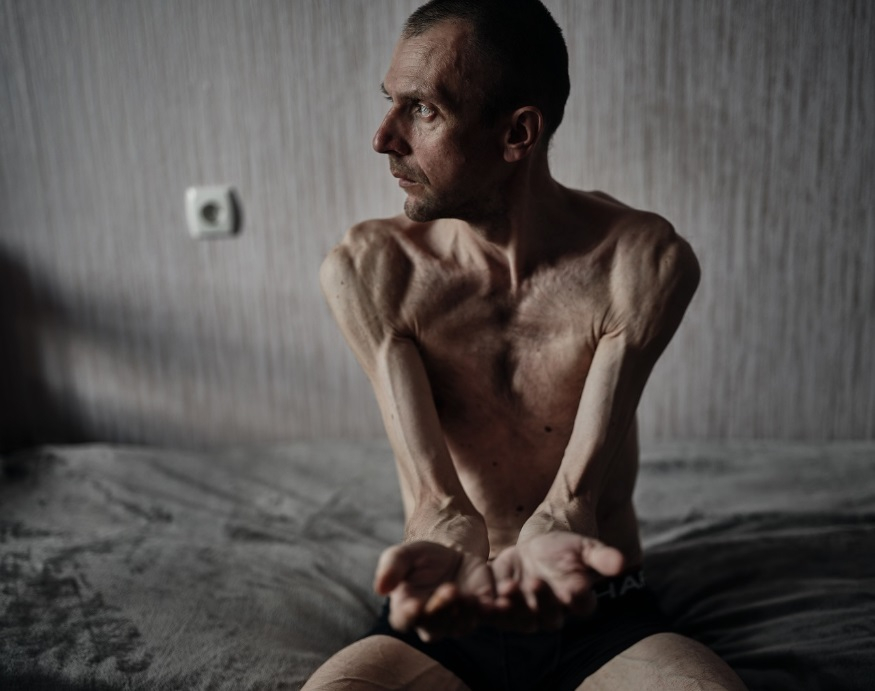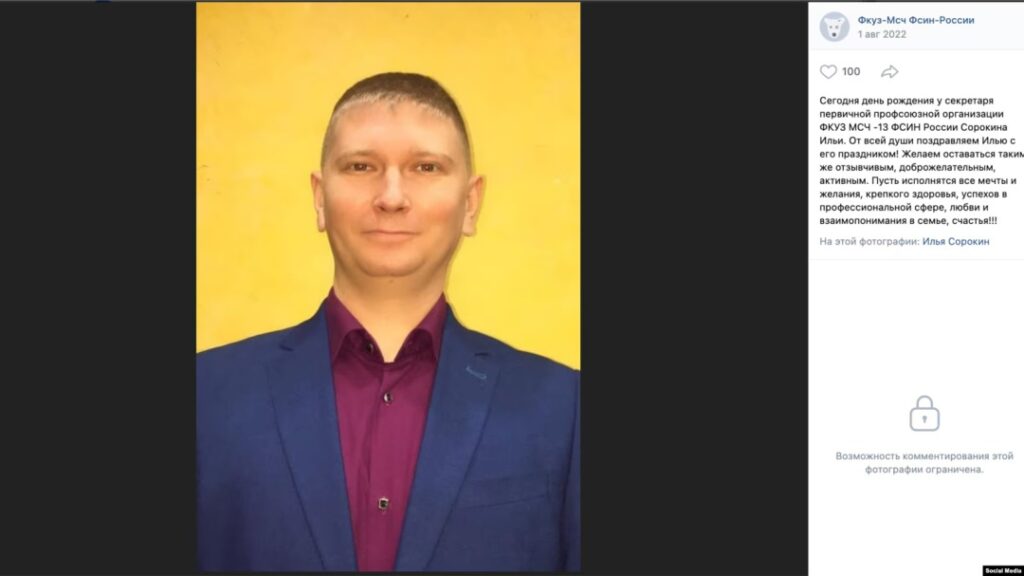Pro-Palestinian Group Can Appeal U.K. Ban, Judge Rules, Citing Free Speech

© Dan Kitwood/Getty Images


© Dan Kitwood/Getty Images


© Saher Alghorra for The New York Times


© Diego Ibarra Sanchez for The New York Times


© Kenny Holston/The New York Times


© Tierney L. Cross/The New York Times


© Tierney L. Cross/The New York Times


© Saher Alghorra for The New York Times


© Amit Elkayam for The New York Times


The world demands the truth. International response to Russia’s brutality is growing stronger, as the Netherlands and 40 other OSCE countries initiate an independent investigation into the torture of Ukrainian prisoners of war.
The investigation will be conducted under the OSCE’s Moscow Mechanism.
This mechanism a special formal procedure that allows OSCE participating states to establish short-term international expert missions to investigate human rights violations and humanitarian consequences in a specific region.
Since the start of Russia’s all-out war, this mechanism has been used to document war crimes, the deportation of children, torture of civilians, and widespread human rights violations, reports Ukraine’s Coordination Headquarters for the Treatment of Prisoners of War.
The new investigation will establish facts regarding the torture of Ukrainian POWs, and this evidence will become the basis for convictions in Ukrainian courts, the International Criminal Court, and a tribunal on the crime of aggression against Ukraine.
“He said we deserve genocide”: Journalists unmask Russian “Dr. Evil” torturer of Ukrainian POWs
“The Netherlands and its partner countries are working to uncover the truth and ensure accountability for Russia’s war crimes in Ukraine,” says Dutch Foreign Minister Kaspar Veldkamp.
As noted by Ukraine’s Coordination Headquarters for the Treatment of Prisoners of War, this process is critical to ensuring that no act of cruelty goes unpunished.
Previously, a special OSCE monitoring mission operated in Ukraine to observe the situation during Russia’s 2014 invasion of Donbas. In mid-2022, Moscow blocked the extension of the SMM’s mandate, and the mission ceased operations.
Since then, the OSCE has continued to support Ukraine through other programs, including an extra-budgetary assistance initiative, though without a direct monitoring presence in active combat zones.


© Hatem Khaled/Reuters


Schemy, a project of Radio Free Europe/Radio Liberty, has identified a Russian prison medic responsible for crimes against Ukrainian soldiers held at Penal Colony No. 10 in Mordovia. His cruelty was so extreme that Ukrainian prisoners nicknamed him “Dr. Evil.”
Journalists have gathered testimonies from more than 150 former captives who recognized “Dr. Evil” in photos and videos. He turned out to be 34-year-old Illia Sorokin, a father of two and employee at Medical Unit No. 13 of Russia’s Federal Penitentiary Service (FSVP). He had previously listed his workplace publicly on social media, visited occupied Crimea, and participated in 9 May parades wearing Soviet uniforms with a St. George ribbon.
Pavlo Afisov, a Ukrainian marine from the 36th Brigade, said that Sorokin used a stun gun, forced Ukrainian prisoners to crawl, jump, and sing Russian songs.
“He derived aesthetic pleasure from seeing you bent over in front of him, hands raised, with nothing on you, eyes closed. Yet he would kick you between the legs, hit you in the gut, strike your liver, beat you with a rubber baton and a stun gun. He even said that people like us deserve genocide,” the soldier recalled.
Another soldier, Oleksandr Savov, confirmed the abuse and the denial of medical care. Sorokin was approached concerning the mental health of Ukrainian prisoner, Volodymyr Yukhymenko, who was brutally beaten and later died. A Ukrainian forensic examination found multiple fractures, hemorrhages, and pneumonia.
Despite Sorokin’s denials of responsibility, Tetiana Zhuravliova, a personnel officer at Medical Unit No. 13, confirmed his involvement. She said that Sorokin is currently serving in the Russian army, using the callsign “Doctor” and collecting supplies, equipment, medicine, and camouflage nets for his unit.


© Omar Al-Qattaa/Agence France-Presse — Getty Images


© Ivor Prickett for The New York Times


© via Reuters